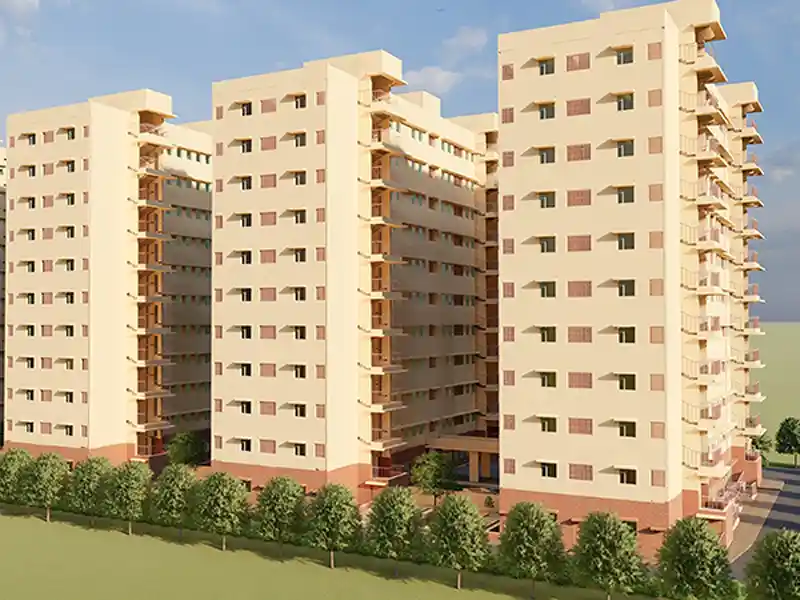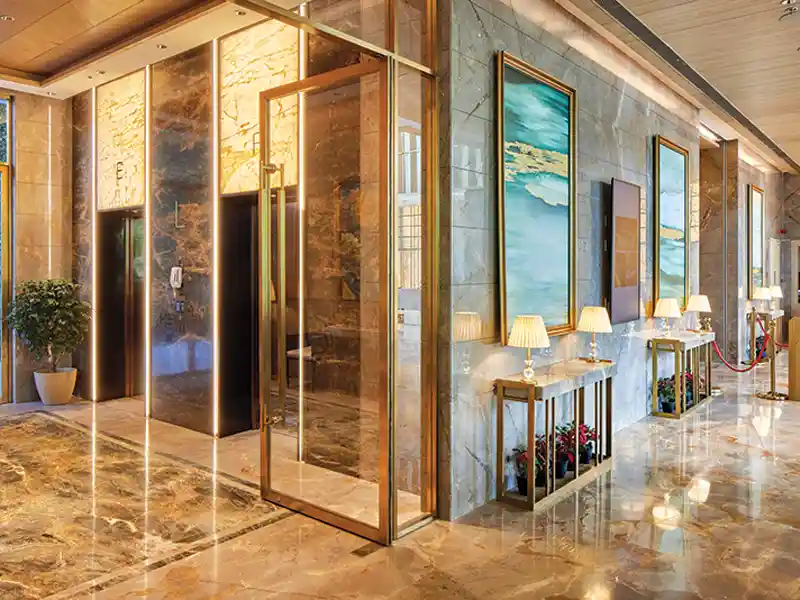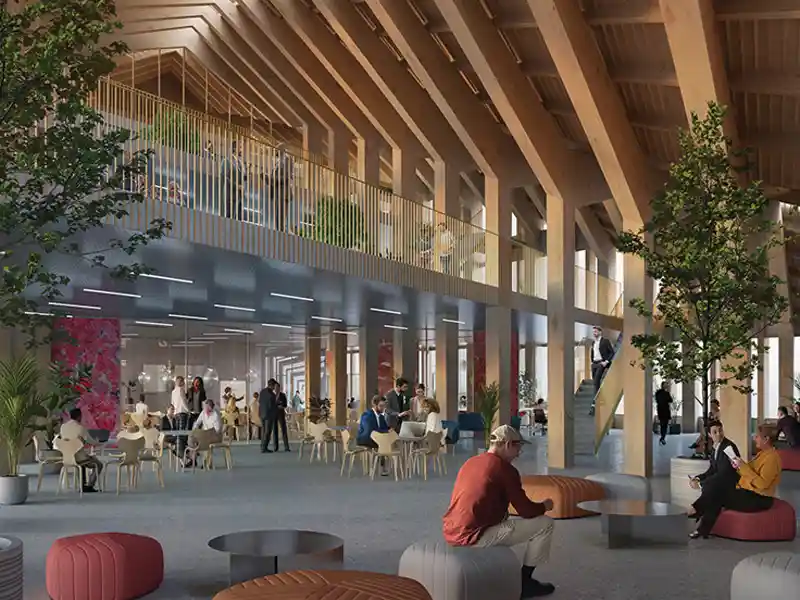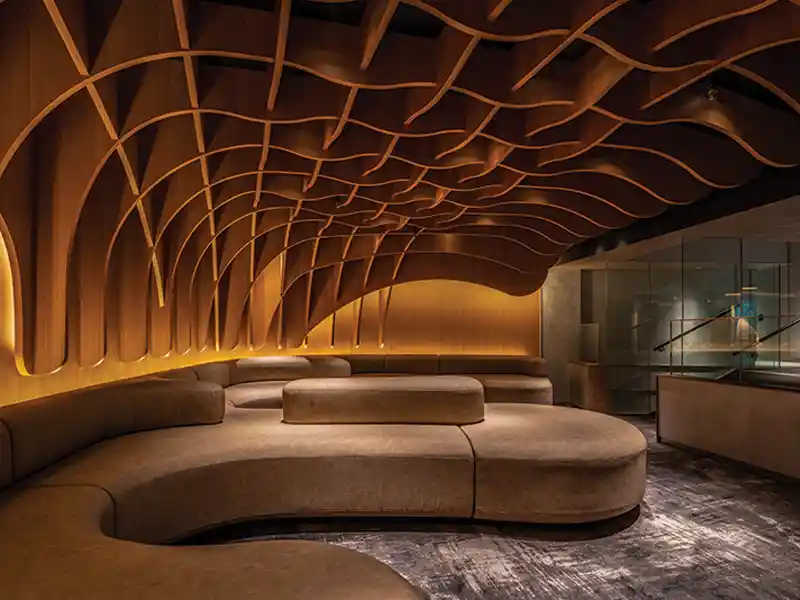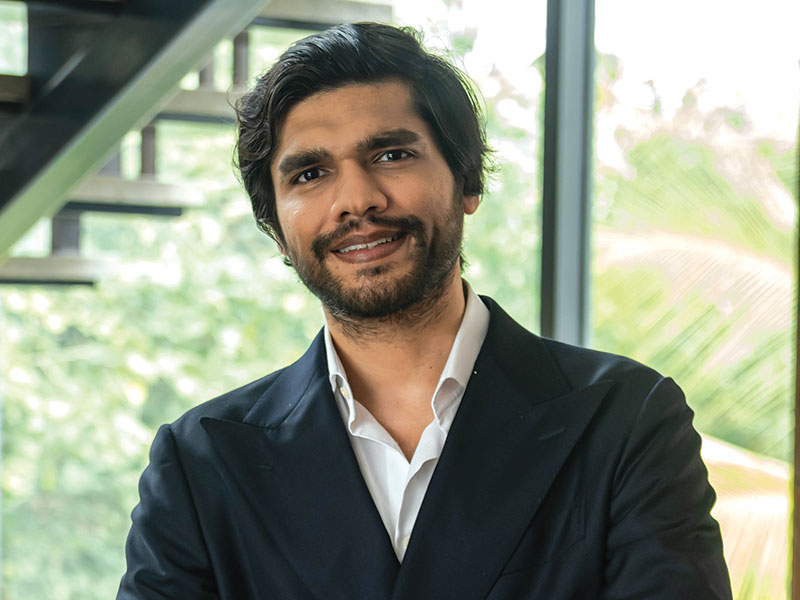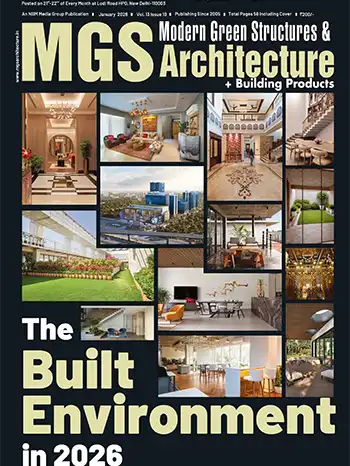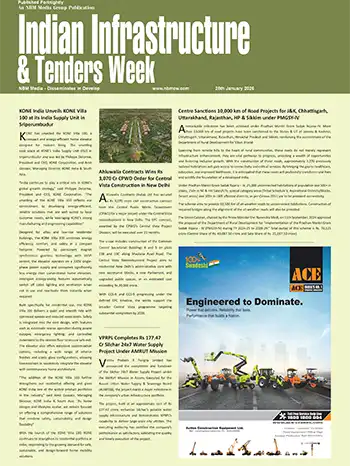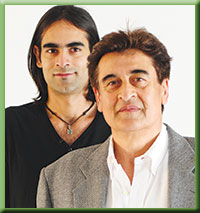
Ar. Kamal, the Founder and Principal Architect, was born and raised in Shimla, making Nature the primary source of his inspiration. He studied architecture at the School of Planning and Architecture (SPA) in New Delhi.
Following his father, Ar. Arjun also chose architecture as his profession. After his B.Arch at Rachana Sansad Academy of Architecture, Mumbai, he completed a Master of Science in Advanced Architectural Design, Columbia University,. Before his Masters, Arjun worked at Malik Architecture for three years and returned to the practice in 2005.
Malik Architecture, has from its inception, attempted to develop a relevant contemporary syntax of Architecture for the sub-continent, eulogized by Architecture as a synthesis of 'Ecology' and 'Spirit'.
Explaining his design philosophy, Ar. Kamal says, "ECOLOGY implies a seamless, cohesive and integrated approach to design. This is achieved through the assembly of a group of highly motivated and evolved specialists in diverse fields drawn from across the world. It is about creating lasting relationships that became so deeply inter-twined that the whole ceases to be a sum of disparate parts and instead becomes a living, breathing organism in itself. 'SPIRIT implies balance. Building art is always the spatial execution of spiritual decisions.'"
Expatiating on the subject he says, "Architecture and site should have an experiential connection, a metaphysical link and if we consider the order (the Idea) to be the outer perception and phenomena (the Experience) to be the inner perception, then in a physical construction, the outer perception and inner perception are intertwined. Through an ongoing process of 'Manthan' or churning, the practice has gleaned from the rich historic, cultural and philosophical past, incorporating the process of continuous change and generating a contemporary design idiom."
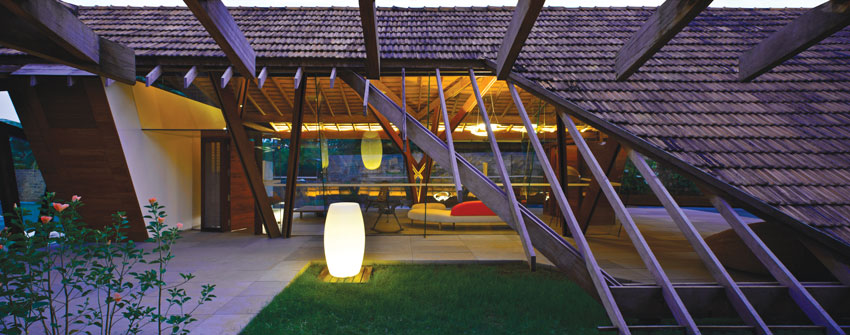
On choosing architecture as his profession, he replies, "My childhood in the pristine environment of the Himalayas, my wonderment at the miracle that is nature and my introduction to the books and teachings of Parmahansa Yogananda left an indelible impact on my life and my thoughts. This deep connection that I share with nature was made possible because of this spiritual master. I realized fairly early that the frontiers of finite knowledge are reached very quickly and then begins the journey of understanding and incorporating the intuitive and the infinite. This inner journey of self- realization culminates in the attainment of "Sanyama" or balance – total inner silence, the absence of duality. It is beyond all theories and concepts and what we call conventional knowledge. This is not my inference or philosophy, but to embark on this journey leads to an inevitable re-analysis of one's beliefs. This creates a sense of detachment – not to be confused with insentience or apathy – but rather the separation of the observer, the witness. I see my role not as an architect but as a catalyst, allowing the process to develop organically, free of all dogma and pre-conception."
Talking about the current architectural trends, Ar. Arjun says, "Architecture is not fashion. One cannot slip it on in the morning and divest oneself of it at night. Architecture is a deeply personal subject and requires an intense analysis of people and place, a journey into the objective and the subjective. To subvert this process, which by reckoning, is the very core of the design process; by resorting to narrow-minded and whimsical 'trends' is anathema to our philosophy. Repudiating meaning and context in favour of easy to digest cookie-cutter solutions has become the norm rather than the exception and does not augur well for our profession."

